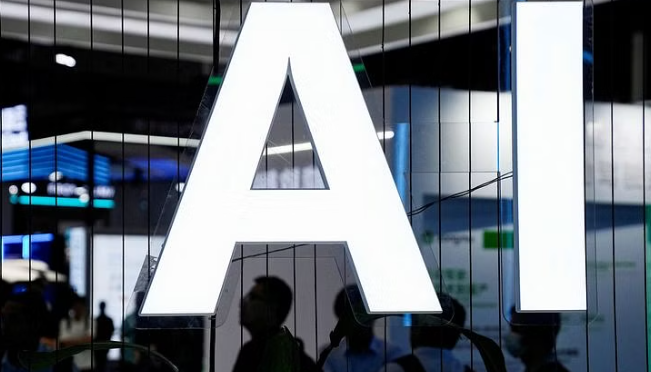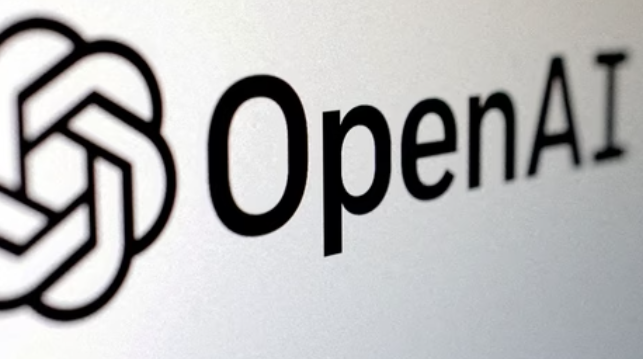
US Antitrust Investigation into OpenAI and Anthropic’s Big Tech Deals , Understanding the Positive Impacts
US Antitrust Scrutinizing OpenAI and Anthropic’s Major Tech Ventures
The U.S. regulatory body has taken a significant step by ordering OpenAI, Microsoft, Alphabet, Amazon, and Anthropic to furnish details regarding their recent investments and collaborations within the realm of generative AI. This move by the Federal Trade Commission (FTC) underscores the growing importance and potential risks associated with generative AI technologies, which, akin to ChatGPT, leverage data to generate novel content.
Concerns over the possible mis concept of such technologies for purposes like threatening national security, amplifying influence operations, or facilitating fraud have prompted global lawmakers and regulators to pay close attention.

Of particular concern are the deals struck between a handful of influential players in the tech industry and Big Tech companies, raising antit apprehensions. The FTC’s directive aims to delve into the intricacies of these alliances, particularly between Microsoft, Google, Amazon, and AI providers, in order to comprehend their impact on competition. According to former FTC chair William Kovacic, the agency’s actions serve as a signal to the industry that they are under scrutiny, and the FTC is poised to take necessary measures if deemed appropriate.
The information request seeks insights into how these partnerships with Big Tech giants influence strategic decisions, pricing strategies, access to products and services, and personnel decisions. Additionally, details on agreements are being sought, with a deadline of 45 days for the companies to respond.
In response, Microsoft has expressed its commitment to cooperate with the FTC’s review, emphasizing that collaborations between independent entities foster competition and drive innovation, thereby positioning the united states at the forefront of AI development. Conversely, Google has welcomed the inquiry, hoping it will shed light on companies that exhibit less transparency and have a history of customer lock-in. Anthropic and Amazon have chosen not to comment, while OpenAI’s response remains pending.

The FTC’s move aligns with its previous indications of vigilance regarding potential anticompetitive practices in emerging technology sectors, particularly emphasizing the significance of competition in the domains of data, talent, and computational resources. The agency’s focus on AI was further highlighted during FTC Chair Lina Khan’s visit to Silicon Valley, where she expressed concerns about the dominance of a few companies in controlling AI technologies.
Corporate investors, notably Microsoft and Amazon, have been instrumental in driving AI funding, with corporate contributions accounting for a significant portion of generative AI fundraising in recent years. This trend has raised eyebrows within the venture and startup community, especially in light of Microsoft’s substantial investment in OpenAI, which has come under antitrust scrutiny.
OpenAI and Anthropic, both specializing in foundation models, have attracted substantial investments, collectively representing a significant portion of united states venture funding in the startup landscape. Notably, Anthropic has secured substantial funding from Amazon and Alphabet, reflecting the growing interest and financial backing from major tech players in AI ventures.

The infusion of substantial funding, including non-monetary forms like cloud credits, from Big Tech companies underscores the evolving dynamics within the AI ecosystem. As discussions between the united states Department and the FTC continue regarding potential antitrust investigations into OpenAI, it’s evident that regulatory scrutiny over AI partnerships and investments is intensifying.
In conclusion, the FTC’s directive reflects a proactive approach to addressing potential anticompetitive behavior and safeguarding competition within the burgeoning AI landscape. As the intersection between technology and regulation evolves, it’s imperative for regulatory bodies to remain vigilant and responsive to emerging challenges posed by advancements in AI and the growing influence of Big Tech players.
For the latest updates-click here.


